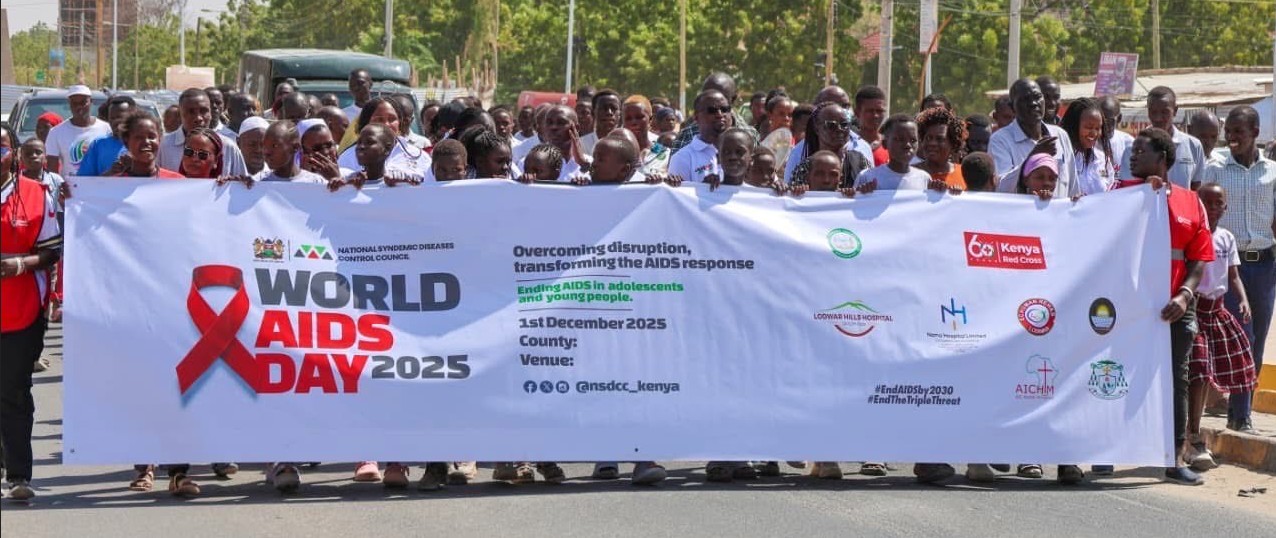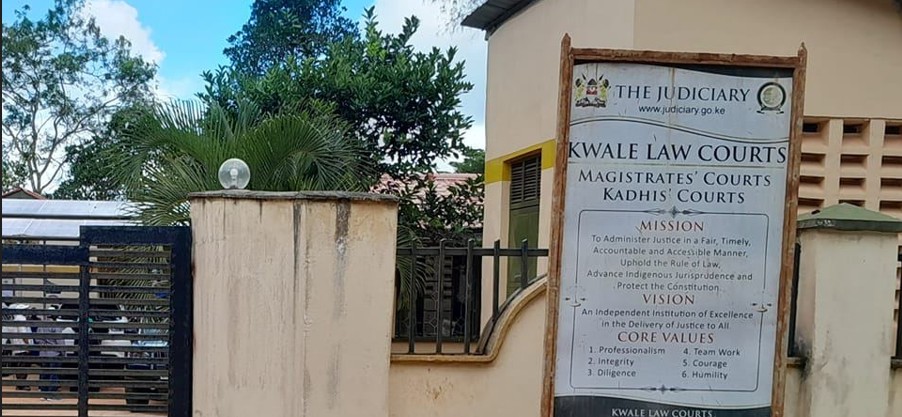Schools enter third week without capitation as 98 per cent submit enrolment data

The verification, which began last week, follows a special audit report by the Auditor General that revealed billions of shillings may have been lost over the past four years through disbursements to non-existent schools or based on inflated learner numbers.
Schools have entered the third week without capitation funds, even as the Ministry of Education continues to verify enrolment data in a nationwide exercise aimed at identifying ghost learners and institutions.
Education Principal Secretary Julius Bitok has revealed that 98 per cent of schools have complied with the directive and submitted their records, with capitation funds expected to reach verified institutions by the end of next week.
More To Read
- Over 44,000 schools cleared for capitation as audit uncovers 87,000 ghost learners
- MPs outraged as Education CS reveals Sh1.1 billion paid to ghost students in public schools
- Capitation withheld from 29 schools pending verification, Education CS Ogamba tells MPs
- Capitation crisis forces early school closures nationwide
- Education CS Julius Ogamba summoned by MPs over delays in school capitation funds
- New funding formula aims to guarantee timely release of school capitation
The verification, which began last week, follows a special audit report by the Auditor General that revealed billions of shillings may have been lost over the past four years through disbursements to non-existent schools or based on inflated learner numbers.
“I am happy to inform the nation that so far we have received data from our 32,000 primary and secondary schools that have complied with the directive,” Bitok said.
“The only challenge we had at the beginning was that the format which was submitted was not consistent with our template. But we have been able to update our sub-county directors of education and heads of institutions. The data that is streaming in is consistent with our template.”
He noted that most of the schools cleared so far are secondary schools, while junior and primary schools are catching up despite facing connectivity and infrastructure challenges.
“We anticipate that by the end of next week, all our schools will have received their capitation. More than 1,200 secondary schools have been cleared,” he said.
On Friday, the Ministry of Education announced that it had started releasing funds to schools whose records had been cleared, with 3,000 out of 32,000 institutions already receiving their Third Term allocations after their data was certified.
“So far, 3,000 schools have been able to receive capitation after being verified to have the correct data on the correct number of students that are in schools. We are anticipating that by the end of next week, all of our 32,000 schools will have received their money,” Bitok said.
Education Cabinet Secretary Julius Ogamba defended the audit, saying it was long overdue. He noted that the verification involves cross-checking records from the National Education Management Information System (NEMIS) with the submissions by school heads, including learners’ grades and gender, to prevent fraud.
“We had these issues going on for a long time, but nobody had done an exercise to confirm the correct numbers,” he said.
He acknowledged that the exercise had delayed capitation disbursements but stressed its importance in ensuring prudent use of resources.
“We thought we should start with this verification, and as we transition to Kemis, the numbers that will be feeding into it will be correct,” he explained, referring to the new Kenya Education Management Information System that will replace NEMIS.
For more than five years, NEMIS has been used to disburse funds, but school heads have complained that the system could not capture all learners, especially those lacking birth certificates, a loophole that officials exploited to siphon money.
Schools are required to submit each learner’s Unique Personal Identifier (UPI) from their birth certificate, the school registration number and certified bank account details through sub-county Education offices.
Despite the ministry’s assurances, school heads have raised alarm over the financial strain. Kenya Primary Schools Heads Association (KEPSHA) chairman Fuad Ali said schools were struggling to cope.
“Entering into the third week will spell an even worse situation for schools. Primary and junior secondary schools solely depend on capitation to run the institutions, and without the funds, operations have been a major challenge,” he said.
Fuad confirmed that Kepsha had met ministry officials who promised that funds would be disbursed by the end of next week after the clean-up.
“We have had a meeting with the Education ministry and they have explained that they want to clean up the school data and that it would help save a lot of money, and from the meeting, it was agreed that the funds will get to the school by the end of next week,” he said.
Bitok has cautioned principals and county supervisors who fail to submit accurate data that they risk severe disciplinary action. The ministry has extended the submission deadline to Friday, September 12, 2025, to allow pending schools to comply.
Top Stories Today












































